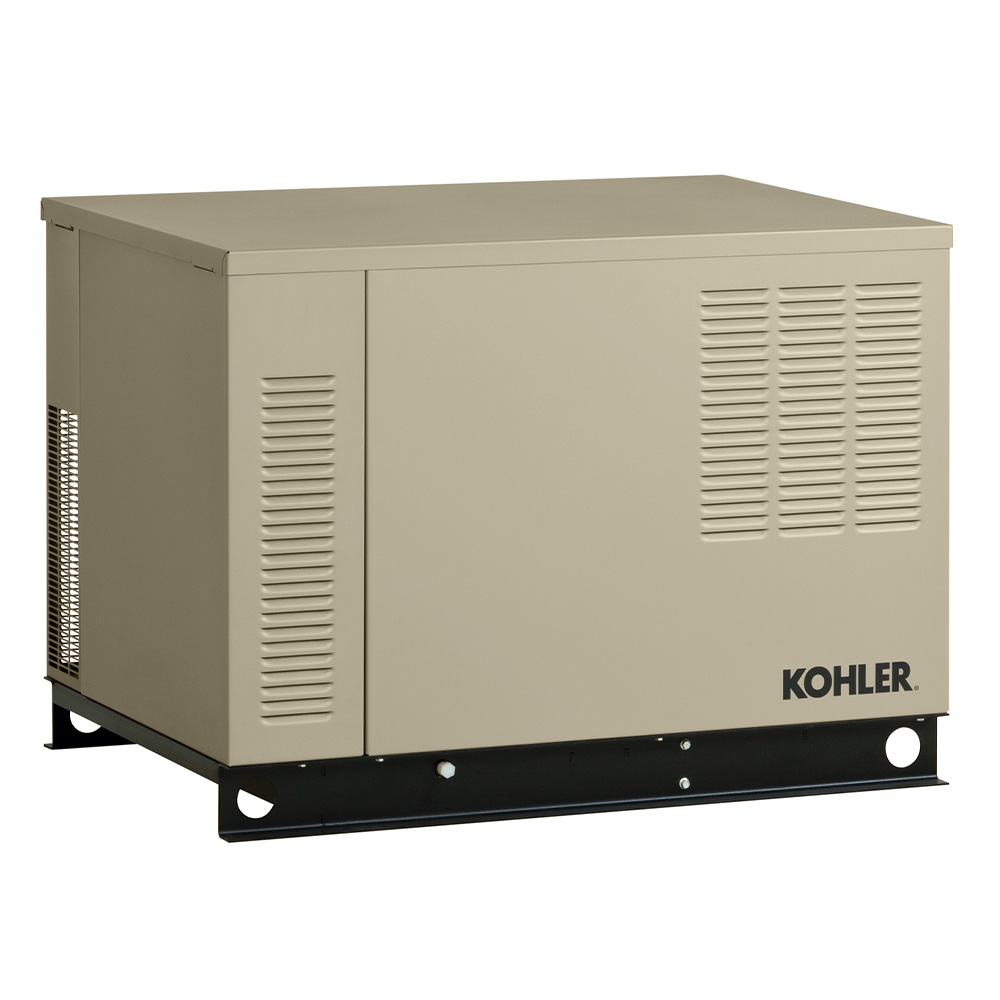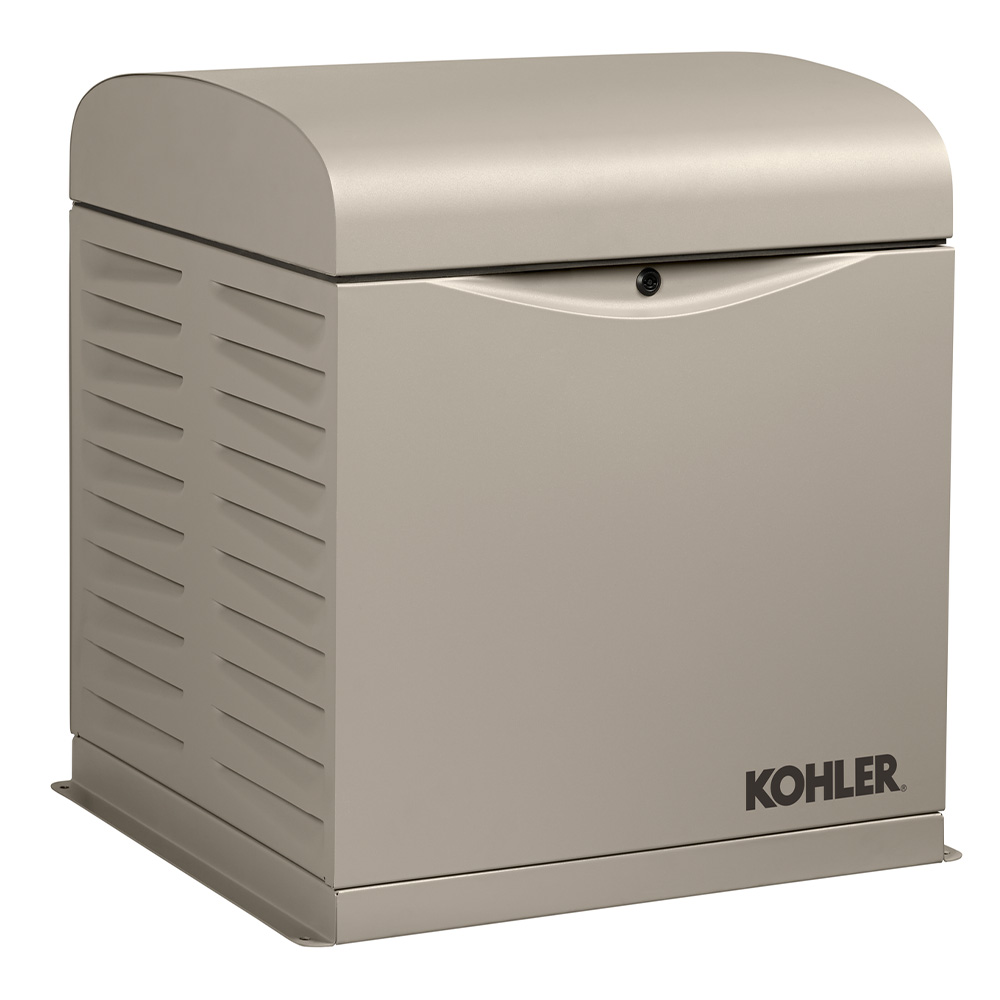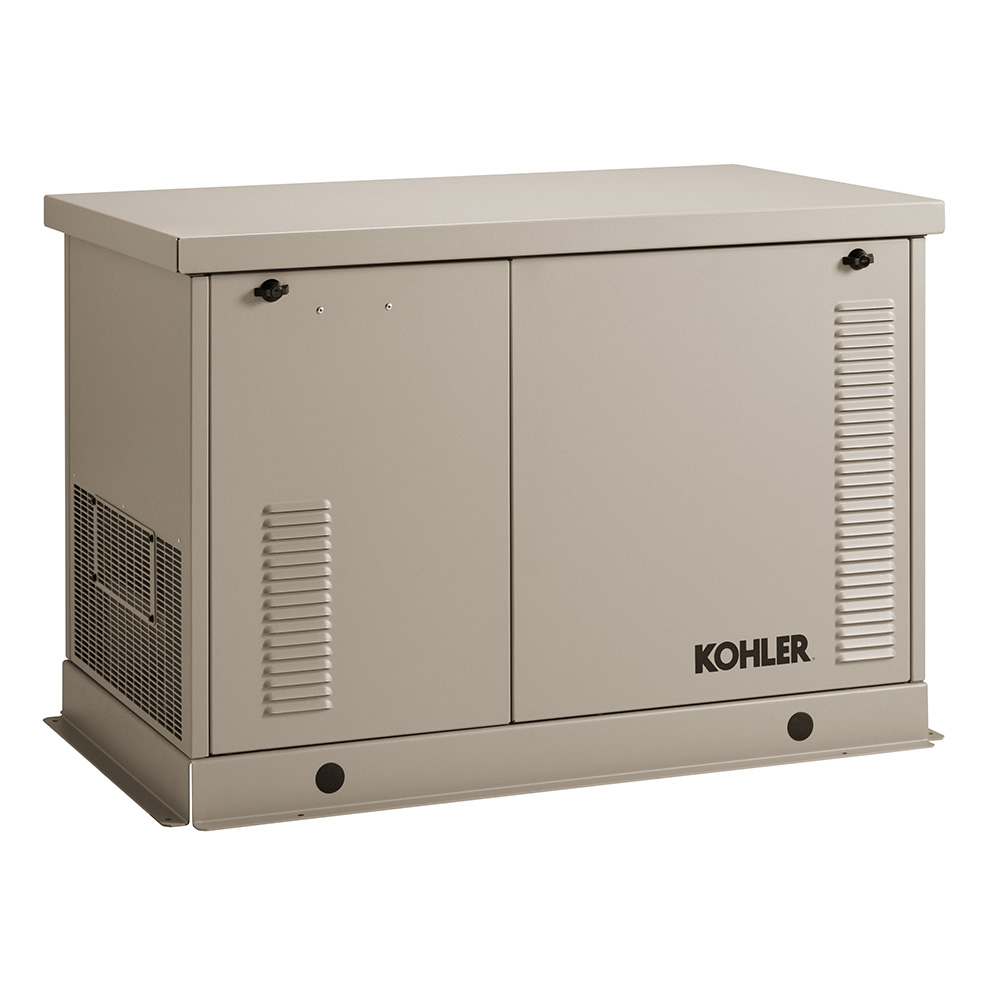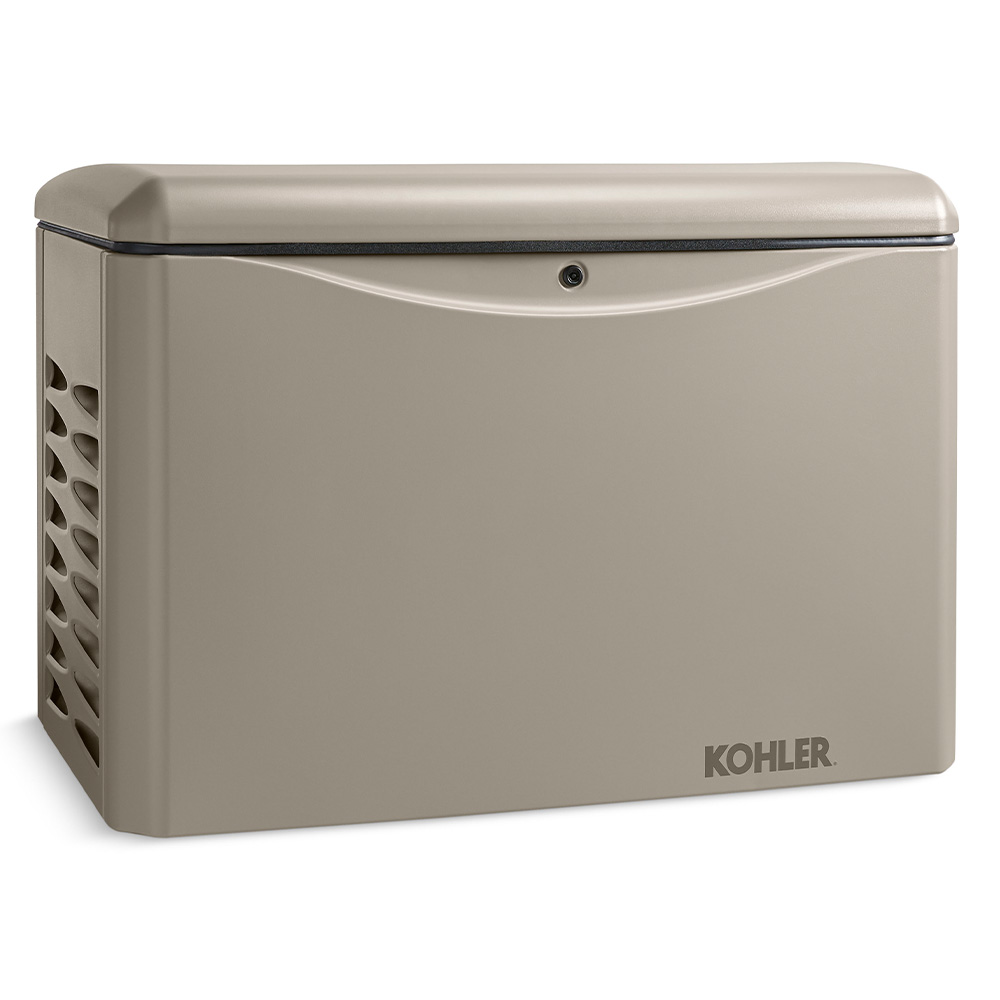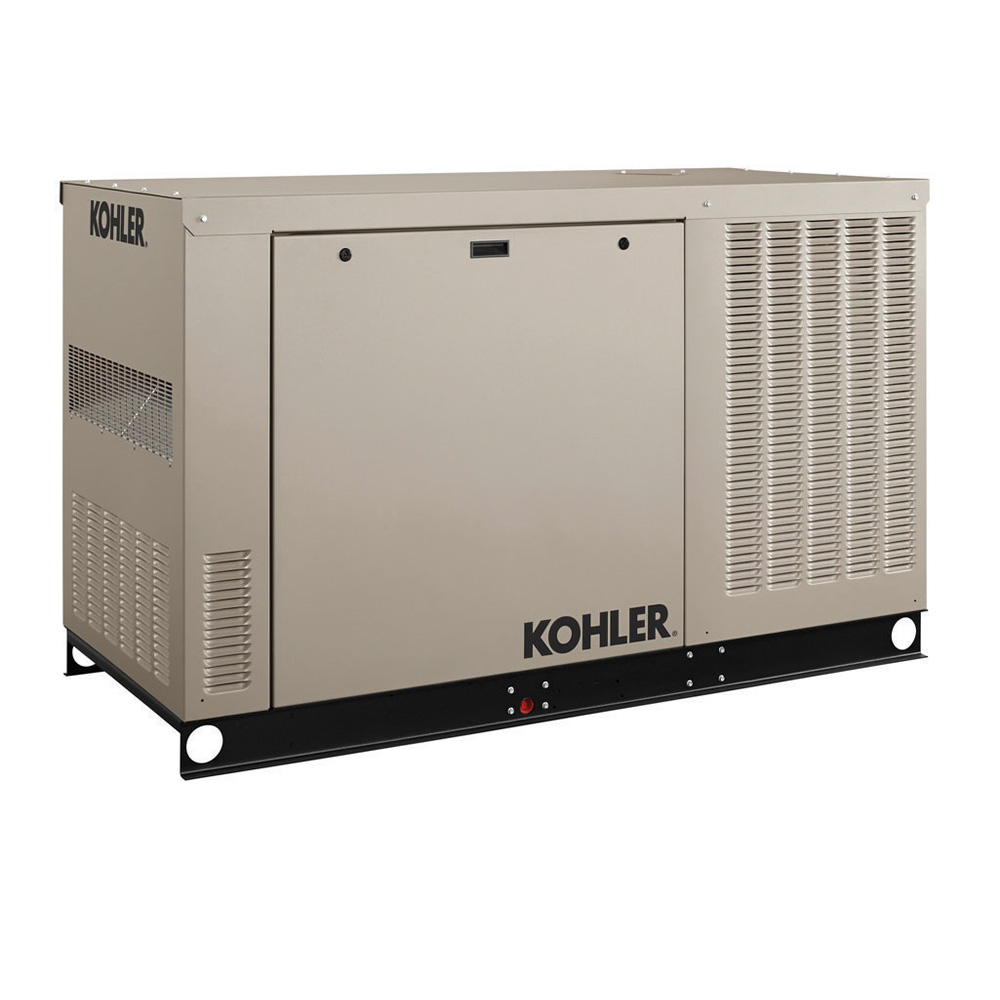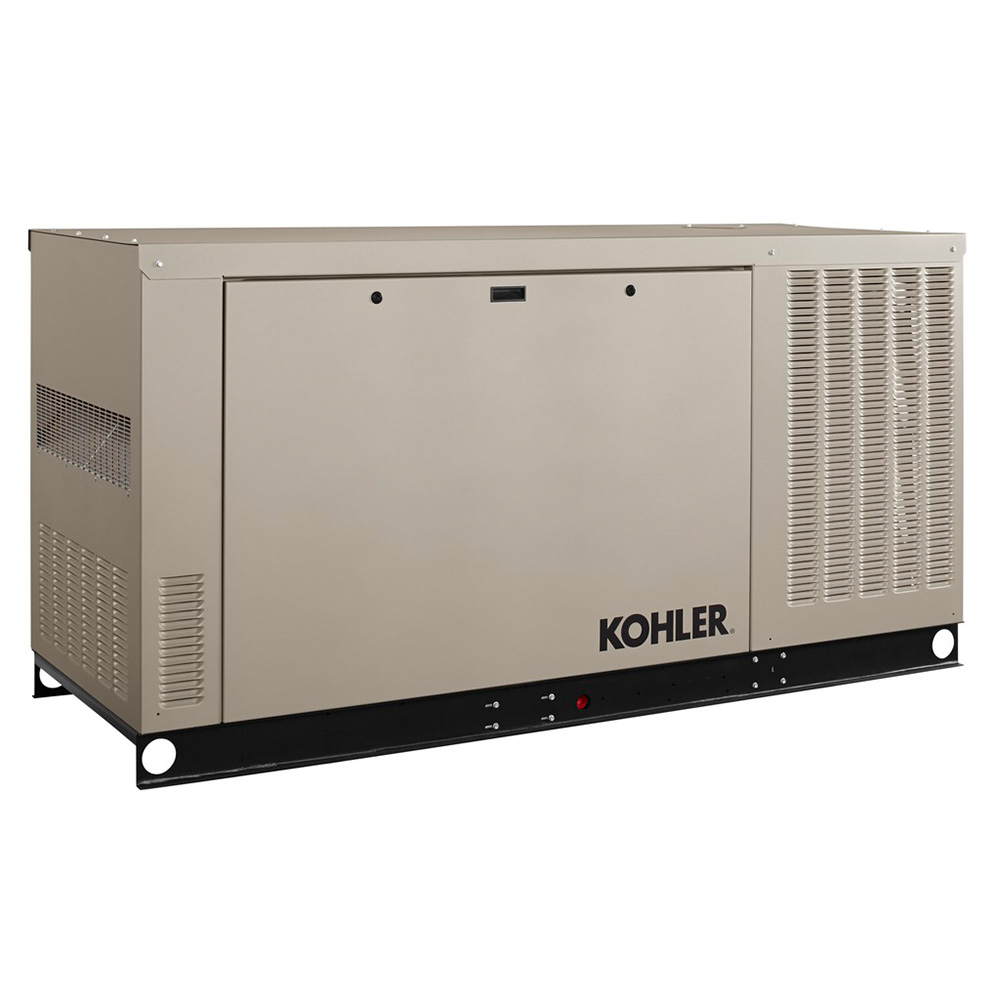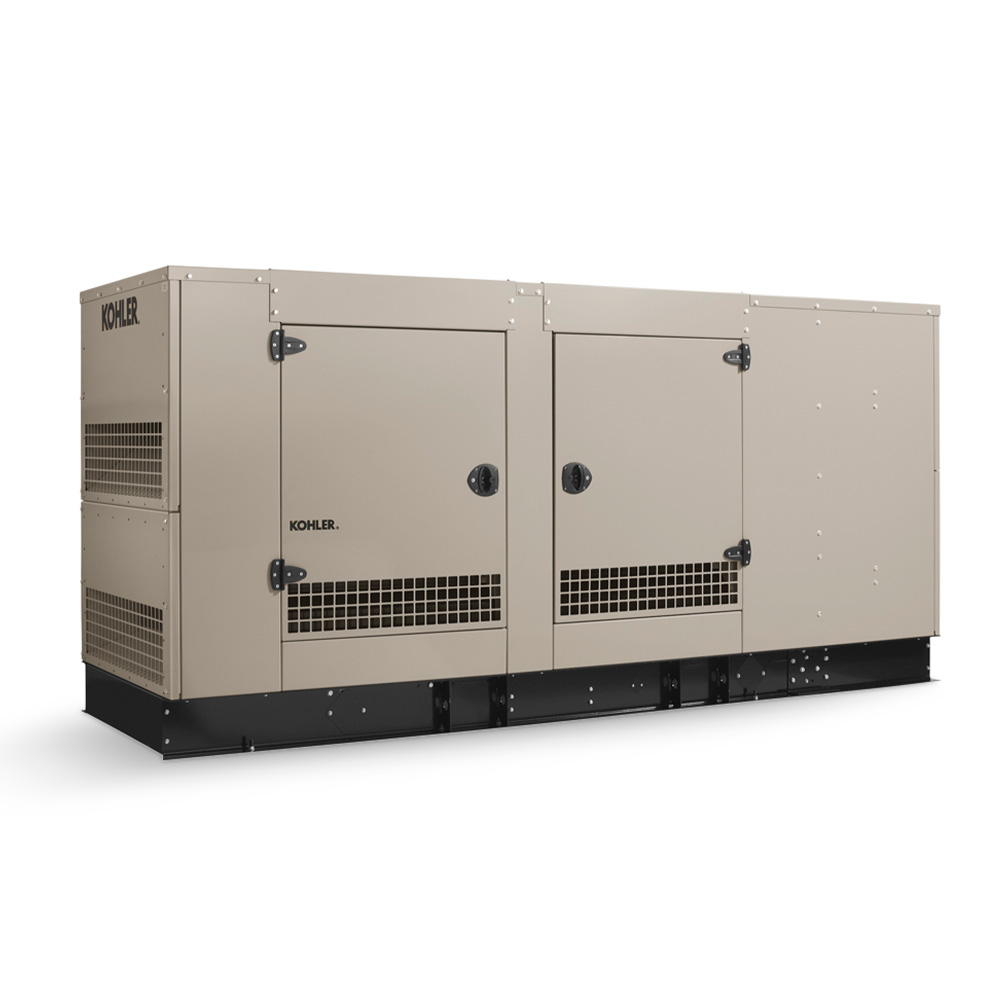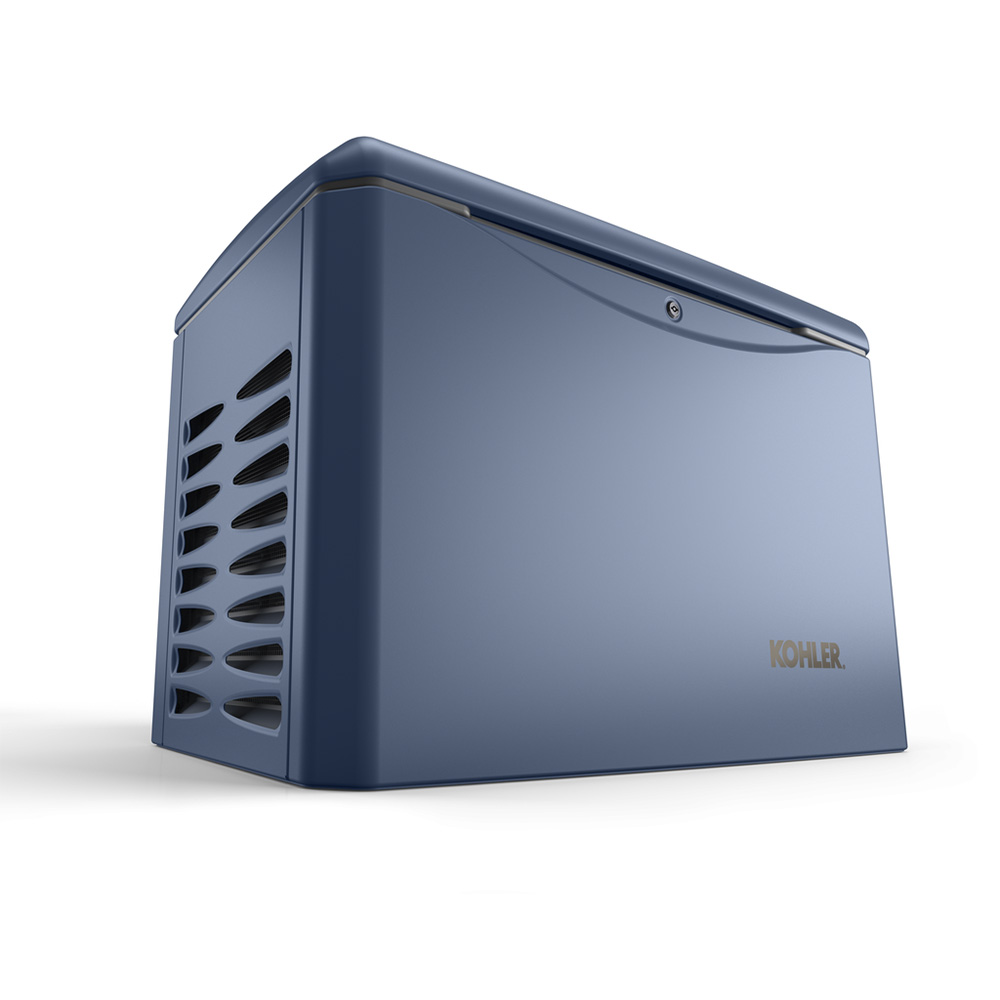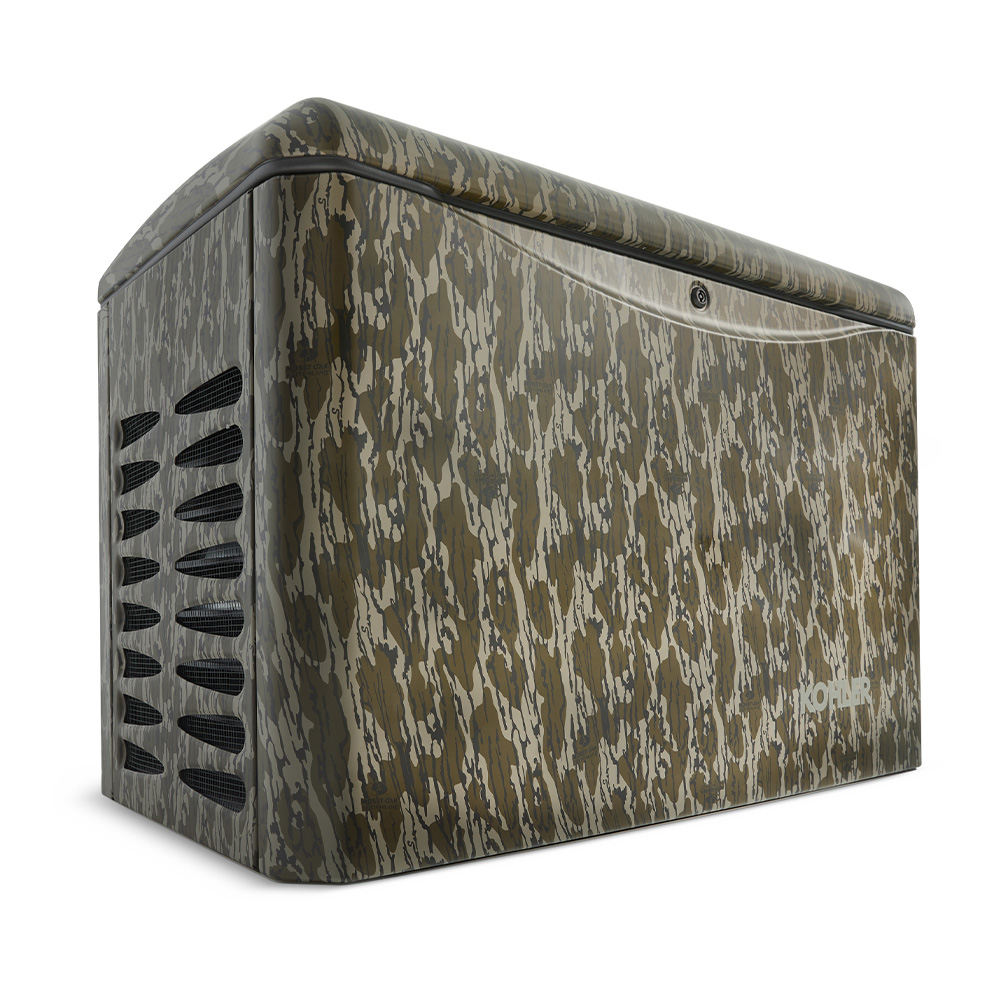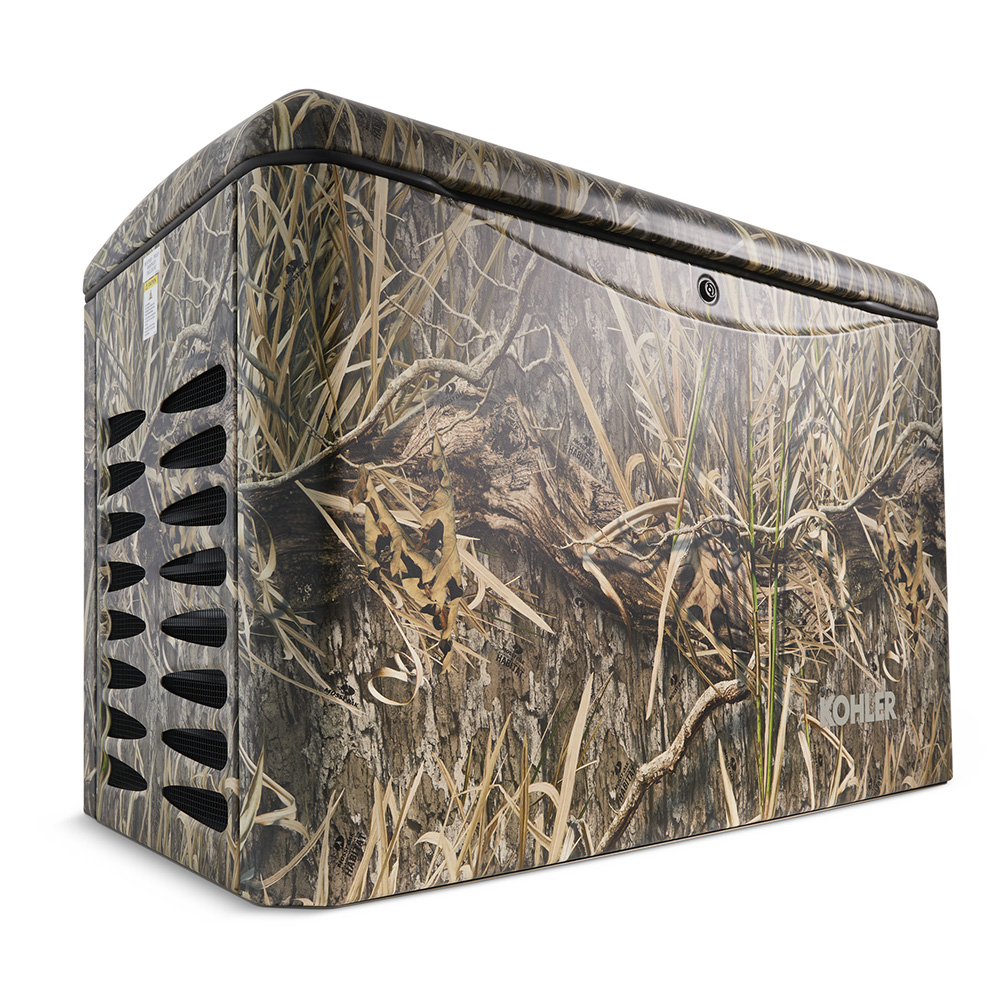Frequently Asked Questions
What fuel types do home generators use?
Home generators typically use several fuel types, including gasoline, propane, and natural gas. Each option offers unique benefits, catering to different preferences and availability for reliable power during outages.
Are home generators noisy or quiet?
Home generators can vary in noise levels, but many modern KOHLER models are designed to operate quietly, with noise ratings comparable to that of a normal conversation. This makes them suitable for residential areas without causing significant disturbances.
What features should I look for in a home generator?
When considering a home generator, key features to look for include automatic operation during power outages, sufficient wattage to support your essential appliances, quiet operation for residential areas, and remote monitoring capabilities for convenience.
What size home generator do I need?
The size of the home generator you need depends on the total wattage of the appliances you want to power during an outage. Generally, a generator ranging from 5,000 to 20,000 watts is suitable for most homes.
What types of home generators are available?
The types of home generators available include portable generators, standby generators, and inverter generators. KOHLER offers reliable standby generators that automatically activate during power outages, ensuring seamless power for your home.
What is the purpose of a home generator?
The purpose of a home generator is to provide reliable backup power during outages, ensuring that essential appliances and systems continue to operate without interruption, thereby enhancing safety and comfort for homeowners.
Can I use a home generator for off-grid living?
Using a home generator for off-grid living is possible. KOHLER generators can provide reliable power for essential needs, ensuring you have electricity even when disconnected from the grid, while also offering automatic operation and remote monitoring capabilities.
Do home generators require regular maintenance?
Home generators do require regular maintenance. To ensure optimal performance and reliability during power outages, it is recommended to schedule routine inspections and servicing, including oil changes, battery checks, and system tests.
Are there any specific regulations for home generators?
Regulations for home generators vary by location and typically include safety standards, noise restrictions, and installation codes. It's important to check with local authorities and follow manufacturer guidelines to ensure compliance and safe operation.
Can I install a home generator myself?
Installing a home generator yourself is possible, but it's often not recommended due to the complexity and safety requirements involved. Hiring a professional ensures proper installation and compliance with local codes, enhancing reliability and protecting your investment.
Can I run a home generator in the rain?
Running a home generator in the rain is safe as long as it is properly installed and protected. Make sure the generator is placed in a dry, well-ventilated area to prevent water damage and ensure safe operation.
Are there any safety concerns with home generators?
Safety concerns with home generators include carbon monoxide poisoning, proper vent placement, and electrical hazards. It’s essential to follow installation guidelines and regularly maintain your generator to ensure safe operation and minimize risks during power outages.
What is the difference between portable and standby generators?
The difference between portable and standby generators lies in their design and functionality. Portable generators are movable and provide temporary power during outages, whereas standby generators are permanently installed, automatically activating during a power failure to power the entire home without manual intervention.
What is the cost of a home generator?
The cost of a home generator varies based on several factors, including the generator's size, power output, and installation requirements. Generally, homeowners can expect to invest between $5,000 to $15,000 for a KOHLER whole-home generator, including installation.
Can a home generator power an entire house?
A home generator can indeed power an entire house, depending on its size and capacity. KOHLER generators are designed to supply necessary electricity during outages, ensuring that essential appliances and systems remain operational.
Are home generators worth the investment?
The value of investing in home generators is significant. They provide reliable backup power during outages, enhance property value, and offer peace of mind, ensuring your home remains functional and comfortable regardless of external power disruptions.
How do home generators work during power outages?
Home generators work during power outages by automatically detecting a loss of electricity and activating within seconds. They provide standby power to your home by utilizing stored energy, ensuring that essential appliances and systems remain operational without the need for manual intervention.
How do I choose the right home generator?
Choosing the right home generator involves assessing your power needs, considering fuel type, and evaluating the generator's features. Prioritize models with automatic operation, adequate wattage, and reliable performance, like KOHLER generators, to ensure seamless power during outages.
How long do home generators last?
The longevity of home generators typically ranges from 20 to 30 years, depending on usage, maintenance, and the specific model. Regular upkeep and adherence to manufacturer guidelines can extend their lifespan significantly.

